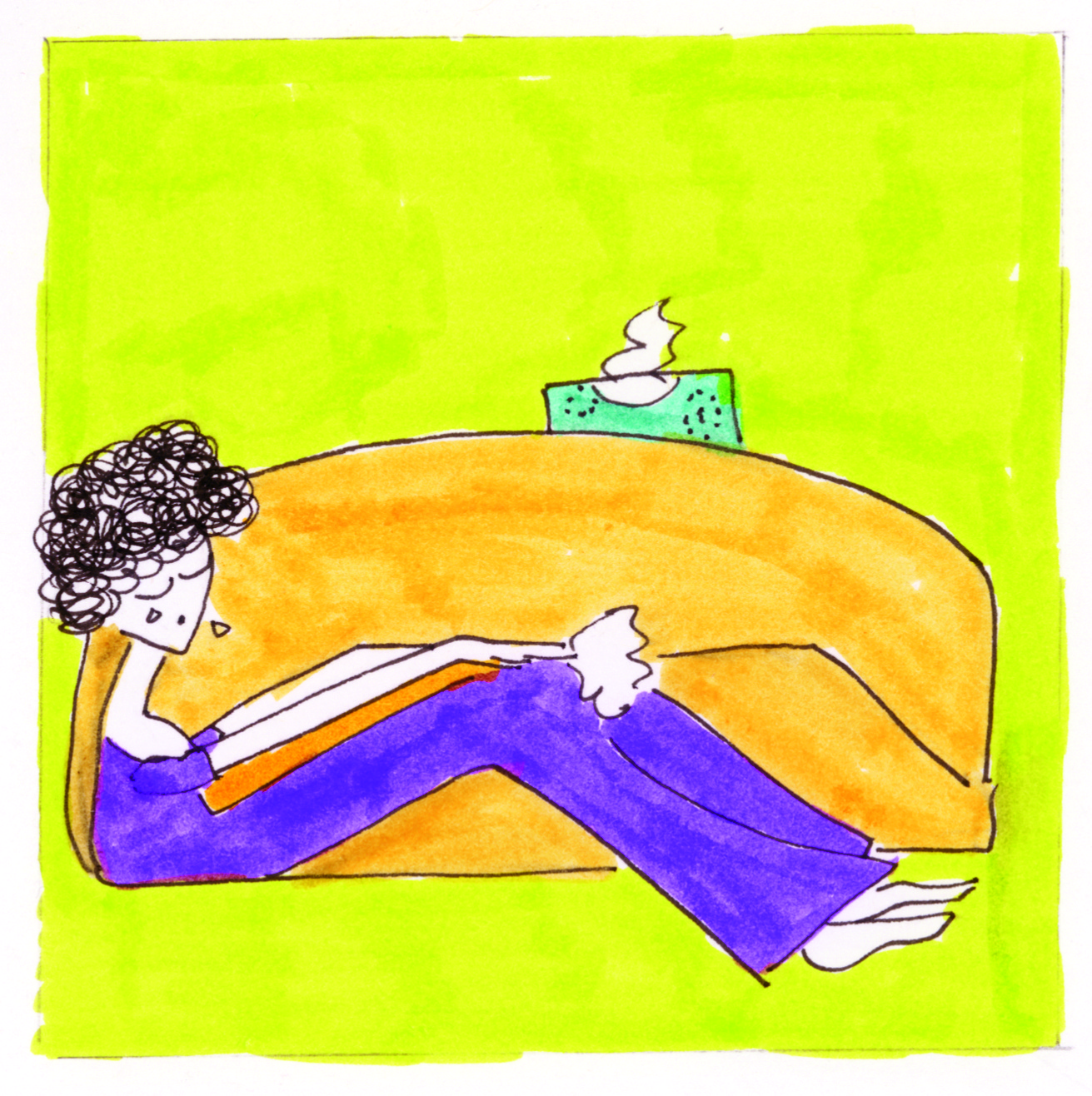
Analyze THIS
Why Do Therapy and Jewish Women Go Together?
Despite Myself: Ending Up with a Jewish, Feminist Therapist
A patient, St. Paul, MN*
I’ve been in therapy for most of my waking life and I specifically didn’t want a Jewish therapist. I also didn’t want a child-of-survivors therapist, because then the therapist would be doing her own therapy through me.
So I picked someone I was positive wasn’t Jewish: Elizabeth Bonner — I should know her name, I wrote her checks for a thousand years. One day I come to therapy and the name on the door is no longer Elizabeth, it’s Peninah. So I ask her. “Are you Jewish?” She tells me she’s really Jewish but was raised by parents who rejected their Judaism and she was angry about it. Some months after that, one day I come, and the door is Peninah Levin [not actual names]. She got very involved in kabbalah and psychology and married a Jew. I had to quit therapy after all that because I thought she was a lunatic.
Several years later I blundered into Dr. L., who turns out to be this very Jewish therapist. I’ve been with her for 20 years. I’m also in a group for Holocaust survivors’ children. When I started with Dr. L., I wasn’t engaged Jewishly, I was 90% absent. Two years later, I stumbled into a temple. Dr. L.’s client’s whole life changed after that.
First, I got a life. It happened in stages. I went Friday nights for several years, then on Shabbat morning, too. It became a family for me. Look, I’m going to be frank with you. I was lost in the ‘90’s, trying to get ahead as a high-achieving physician. Suddenly there was something more important than work. I started going to Israel regularly and got a Masters in Jewish Studies. Since my therapist’s own Jewish identity was so powerful, she supported me inside and outside.
Dr. L. was also strongly feminist, and since I’m single, which is about the last thing any woman ever expects in life, I had some issues. Dr. L.’s feminist critique was life-saving. There are so many disgusting things that happen to Jewish women who never marry. I felt shameful, fearful.
Several times in my life, I had the sense that everything was inside me already, dance, astronomy, Portuguese, but I had to learn the names. I had that sense about Jewish knowledge. When I started being driven by the Jewish calendar, my therapist showed me that you think about the holiday, you have to plan for it. When I hosted my first seder, she talked me through the Jewish content and took it for granted, “Yes, of course!” — which was very beautiful. She thinks I’m a part of this. This strengthened my identity as a person, not just a Jew. Like a parent, she came to my bat mitzvah and accepted me as a seasoned player.
A friend of mine had a Jewish therapist who questioned her, when she got more Jewishly engaged, did she lose her way. I don’t keep kosher, I have no yearning to be religious, but I experienced unconscious movement that was so positive.
Not long ago, on the bimah, I thanked Dr. L. by name. It was a very courageous and brave thing to say it to the community. I talked about not knowing my parents’ story, the shame I feel about that; about not knowing how to be a Jew. People ran up to me in the street because they identified. You learn not to ask, and then you learn not to know. I could not have connected to my Judaism one day sooner than I did, because of the massive Sturm und Drang that I came from. Unconsciously, it was all there — I had a famous grandfather, a rabbi, who died in Europe — but it had been pushed aside.
I developed a bond with a therapist who recognized the meaning of Judaism in my life and that changed everything.


